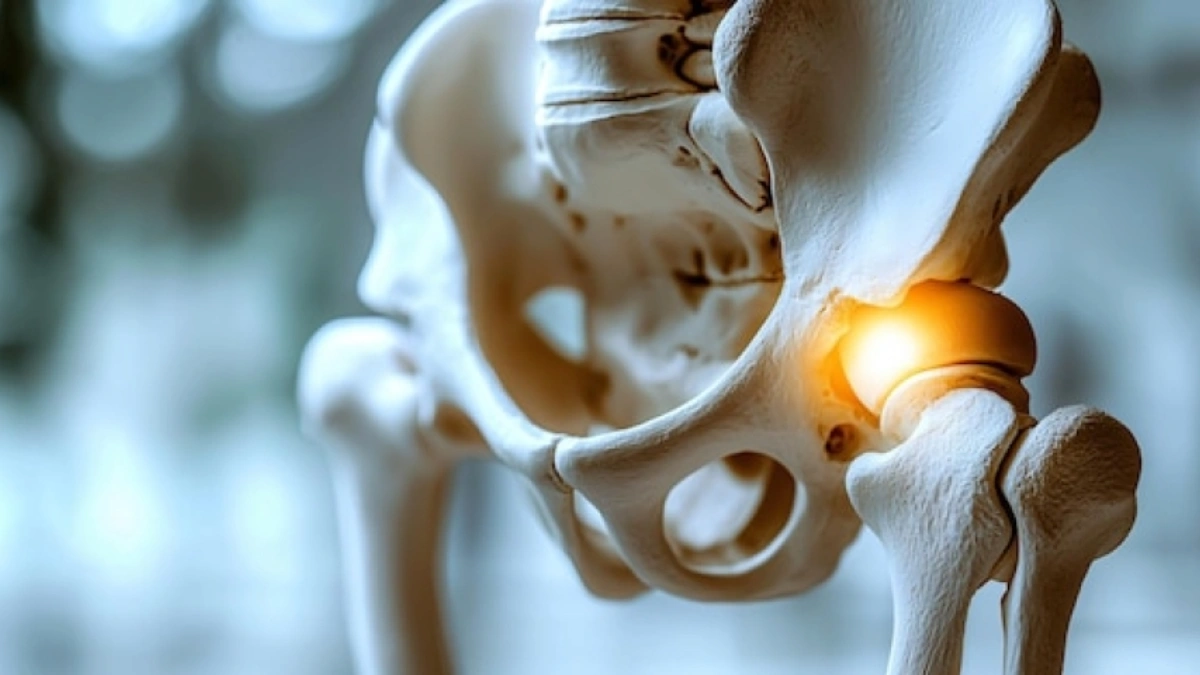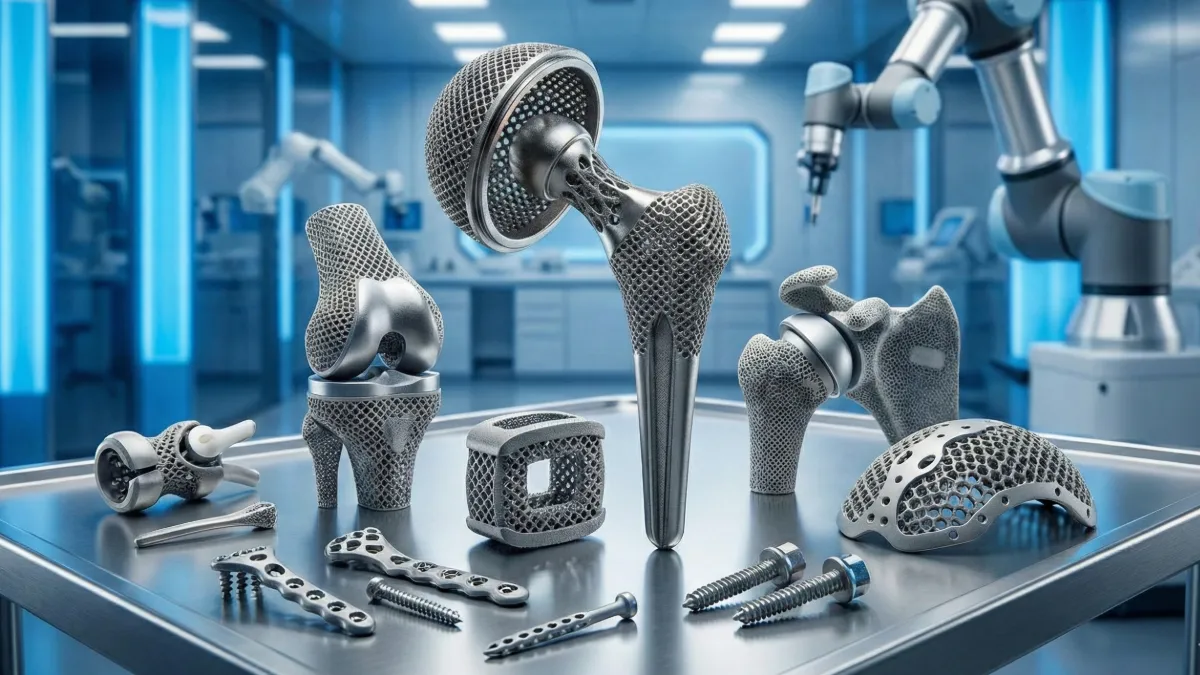Heart Bypass Surgery in Turkey has increasingly become a preferred option for international patients seeking high-quality cardiac care at competitive prices. Moreover, with state-of-the-art medical facilities, internationally accredited hospitals, and expert cardiac surgeons, Turkey is an attractive destination for those needing coronary artery bypass grafting (CABG), commonly known as heart bypass surgery. Specifically, this procedure restores normal blood flow to the heart by circumventing blocked or narrowed arteries using grafts from other parts of the body. In this guide, we provide a detailed overview of heart bypass surgery in Turkey, including the procedure, recovery, benefits, and risks, as well as why Turkey has emerged as a leading hub for cardiac care.
What is Heart Bypass Surgery?
Heart bypass surgery, or coronary artery bypass grafting (CABG), is a surgical intervention to treat coronary artery disease (CAD), a condition characterized by narrowed or blocked arteries due to plaque buildup (atherosclerosis). This condition reduces blood flow to the heart, increasing the risk of angina (chest pain) and heart attacks. The surgery involves taking a healthy blood vessel, typically from the leg (saphenous vein), chest (internal mammary artery), or arm (radial artery), and grafting it onto the coronary artery to create an alternate pathway for blood circulation.
Why Choose Heart Bypass Surgery in Turkey?
1. Highly Skilled Cardiothoracic Surgeons
Turkish cardiac surgeons are globally recognized for their expertise and vast experience. Many have trained or practised in leading hospitals in Europe and the United States, ensuring adherence to the highest medical standards.
2. State-of-the-Art Medical Facilities
Turkey is home to JCI-accredited hospitals equipped with cutting-edge technology, including advanced robotic surgery systems and minimally invasive techniques that reduce recovery time and improve outcomes.
3. Affordable and Transparent Pricing
Heart bypass surgery in Turkey is significantly more affordable compared to Western countries. Despite the lower costs, patients receive world-class treatment without compromising quality. Many hospitals offer all-inclusive medical packages covering surgery, hospital stays, medications, and post-operative care.
4. Short Waiting Times
Unlike many Western healthcare systems with long waiting lists, Turkey offers expedited scheduling for heart bypass procedures, ensuring timely intervention and better patient outcomes.
5. Comprehensive Patient Care
Hospitals in Turkey provide multilingual support, medical tourism facilitators, and tailored recovery programs, making the process seamless for international patients.
Understanding the Heart Bypass Surgery Procedure
The coronary artery bypass grafting (CABG) procedure follows a structured approach:
Preoperative Preparation
Before undergoing surgery, patients undergo extensive diagnostic tests, including:
- Electrocardiogram (ECG): Measures electrical activity of the heart.
- Echocardiography: Assesses heart function and valve status.
- Coronary Angiography: Identifies blockages in coronary arteries.
- Blood Tests: Evaluate overall health and detect potential complications.
Patients may be advised to stop smoking, adjust medications, and maintain a healthy diet before the procedure to optimize outcomes.
Surgical Procedure
The heart bypass operation typically follows these key steps:
- Anesthesia Administration: General anaesthesia is administered to ensure the patient remains unconscious during surgery.
- Incision & Sternotomy: A median sternotomy (chest incision) is performed to access the heart.
- Heart-Lung Bypass Machine Usage (If Required): In on-pump CABG, a heart-lung machine temporarily takes over heart function.
- Graft Harvesting: A suitable blood vessel is removed from the leg, arm, or chest.
- Grafting Process: The harvested blood vessel is attached above and below the blocked coronary artery to reroute blood flow.
- Closure & Recovery: The chest is closed using a surgical wire, and the patient is transferred to the intensive care unit (ICU) for monitoring.
Types of CABG Surgery
- Traditional On-Pump CABG: Uses a heart-lung machine.
- Off-Pump (Beating Heart) CABG: Performed while the heart is still beating, reducing complications.
- Minimally Invasive CABG: Uses small incisions, leading to quicker recovery.
Recovery and Postoperative Care
Hospital Stay & Initial Recovery
- ICU monitoring for the first 24-48 hours.
- Hospital stay typically lasts 5-7 days.
- Patients need to walk within 2-3 days post-surgery.
Home Recovery & Lifestyle Modifications
- Activity: Gradual return to normal activities over 6-12 weeks.
- Diet: Heart-healthy diet rich in fruits, vegetables, and lean proteins.
- Medication Adherence: Blood thinners, statins, and beta-blockers may be prescribed.
- Cardiac Rehabilitation: Supervised exercise programs to strengthen the heart.
Potential Risks and Complications
While heart bypass surgery in Turkey is performed with high success rates, potential complications include:
- Infection at the surgical site
- Arrhythmias (irregular heartbeats)
- Blood clot formation
- Heart attack or stroke (rare)
- Kidney dysfunction (in high-risk patients)
- Memory loss or cognitive issues (temporary)
Comparing Heart Bypass Surgery in Turkey vs. Other Countries
| Factor | Turkey | USA | UK |
|---|---|---|---|
| Cost | $7,000 – $15,000 | $70,000+ | $40,000+ |
| Waiting Time | 1-2 weeks | 3-6 months | 3-9 months |
| Surgeon Expertise | High | High | High |
| Hospital Accreditation | JCI, ISO | JCI | NHS |
Is Heart Bypass Surgery in Turkey the Right Choice?
Heart Bypass Surgery in Turkey offers a combination of world-class healthcare, affordability, and rapid accessibility, thereby making it an excellent option for international patients. Furthermore, with leading-edge hospitals, experienced cardiothoracic surgeons, and comprehensive post-operative care, Turkey stands out as a top destination for coronary artery bypass grafting. By carefully selecting a reputable hospital with accredited medical professionals, patients can ensure a smooth surgical journey while also achieving an improved quality of life post-surgery.
Yes, many patients live 20 years or longer after a bypass, especially with a healthy lifestyle and regular medical check-ups.
The cost of heart bypass surgery in Turkey ranges from $8,000 to $15,000, depending on the hospital and surgeon.







